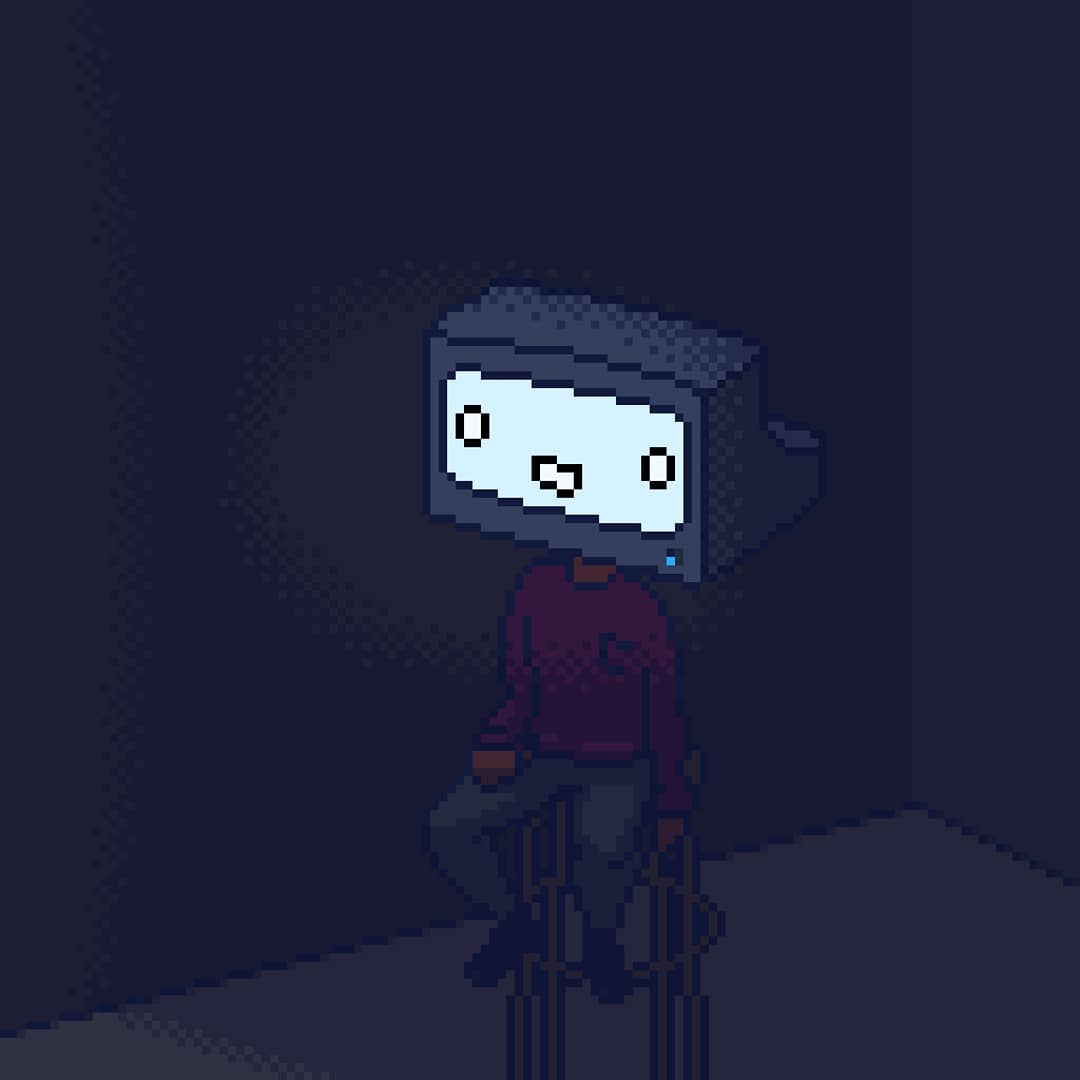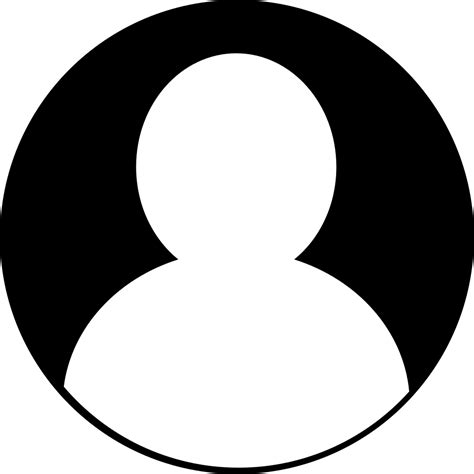

Awesome! Thank you!
I make games


Awesome! Thank you!


Bro you can’t just say that and not mention the name. What was it?


Oh no… I looked at it… I shouldn’t have done that.


It’s like ‘fixing to.’ So, yea, kinda.


What do you mean it isn’t horny? Did you miss the title?


I haven’t actually done it, but I have programmed n64 games. From what I understand only the PAL version has the chip, which makes sense since games have to run on different timings. The Japanese and US N64 are identical in hardware, there’s just those two plastic tabs on the tray that prevent the “wrong” cart from being inserted, so the tray is the only mod you need to do.


Yea, the way I see it, it’s most effective to focus on removing power, and in a capitalist society money is power. You could try enacting change through violence, but the remaining people in power will still have the money to better protect themselves from violence, which just escalates the violence. If protests focused more on economic disruption, they’d be directly affecting more of the people in power than killing any individual while simultaneously reducing what power they do have, pushing them to concede to demands.
Uh, no, I don’t think that’s Jay Klaitz.

FUCK. I thought they were just fucking up the lyrics, I totally forgot about that song lol
Lester Crest from GTA V is the guy who plans your heists.

Lol it wasn’t until this comment that I realized the meme is using Papa Roach lyrics, with an image of Limp Bizkit and calling them Deftones. I only caught 2/3.
Hahah yea, it’s from that Seth Rogan movie Sausage Party.
It makes sense, that whole movie was deeply unsettling.
Psh, hot dogs would obviously have 4 legs. They’re dogs after all.
How is smoking tobbaco through your tracheostomy hole any better?
Edit: Oh you mean because smokers are more likely to end up with a tracheostomy hole, so you can use them as a bong lol
This was mine

Unfortunately I had to take the top one off when I got a new 360hz monitor.


All works fine for me on firefox android. Works in private browsing mode too. Maybe you have a VPN on or something?

As someone who makes indie games professionally, I taught myself how to program by making video games. Maybe it’s just my adhd, but I have a difficult time with organized learning, but I pick things up really quickly by doing. I wouldn’t get too caught up in the “I need to learn it the right way before I make games” part, since the making games part is exactly what kept programming interesting and engaging enough to prevent me from getting bored.
Second I also wouldn’t get too locked up trying to decide which programming language to use. Modern programming languages are all conceptually pretty similar. It’s really only minor syntax differences. Learning a new programming language is mostly just a matter of “how do I write a for loop in this language again?” It doesn’t take too long to adapt.
I use Unity and C# right now, and I’m in the middle of learning Godot to make the switch. I would generally agree with what other people have said. C# is a pretty good language to start with. Just low level enough to make sure you learn fundamentals without being so low level that you have to fiddle with memory addresses and pointers like c/c++.
As for codecademy, I tried it when I was first starting out like 10 years ago, so I can’t vouch for it now, but it seemed to very much be “Learn how to type code” and not “learn how to actually program.” Just explaining how to write if statements and for loops isn’t really teaching programming. I still don’t think there’s really a good universal way to teach it, even after taking programming classes in college. Everyone sort of picks it up differently, at different paces, and enjoys different parts of it, so I still think picking a project you think sounds cool and finding and following along with YouTube tutorials and just trying stuff out until it works is a pretty good way to get started. You can always take the time to read a book or take a course after you’ve determined if programming is even something you’re vaguely interested in.
That’s the 19xx’s the 20xx row is only bright up until about 2010. So it’s people born in the 70s using their birthday.
Weird AI alteration of the original image. You can’t even see the cat in the left pic, and the blanket pattern looks like nothing. The real one looks even cooler cause the tiny cat has a tail!
Video of same cat
https://youtube.com/shorts/o7sT9BrO4nE